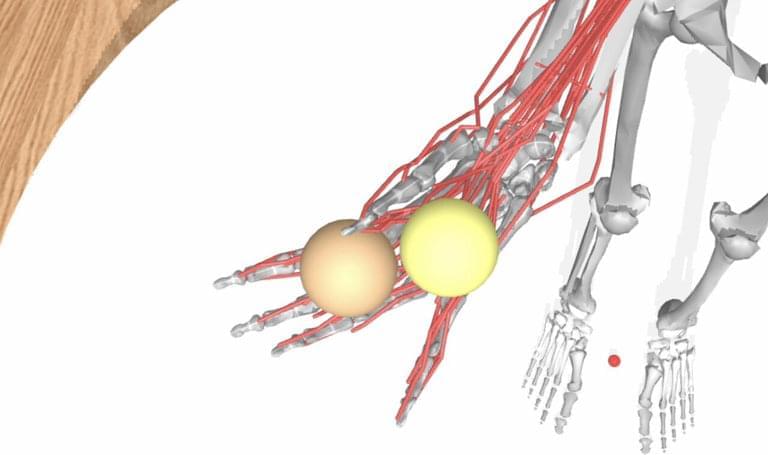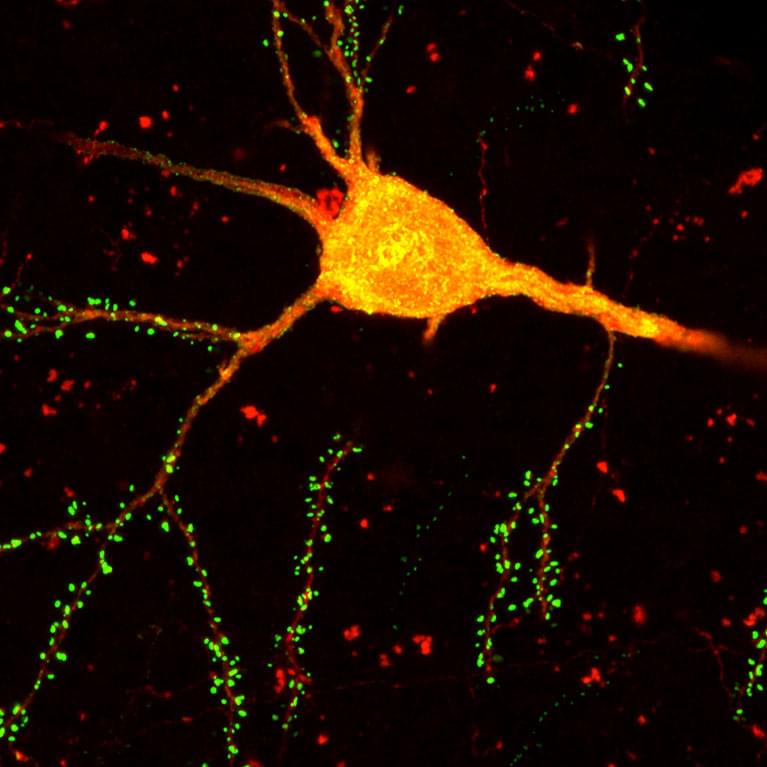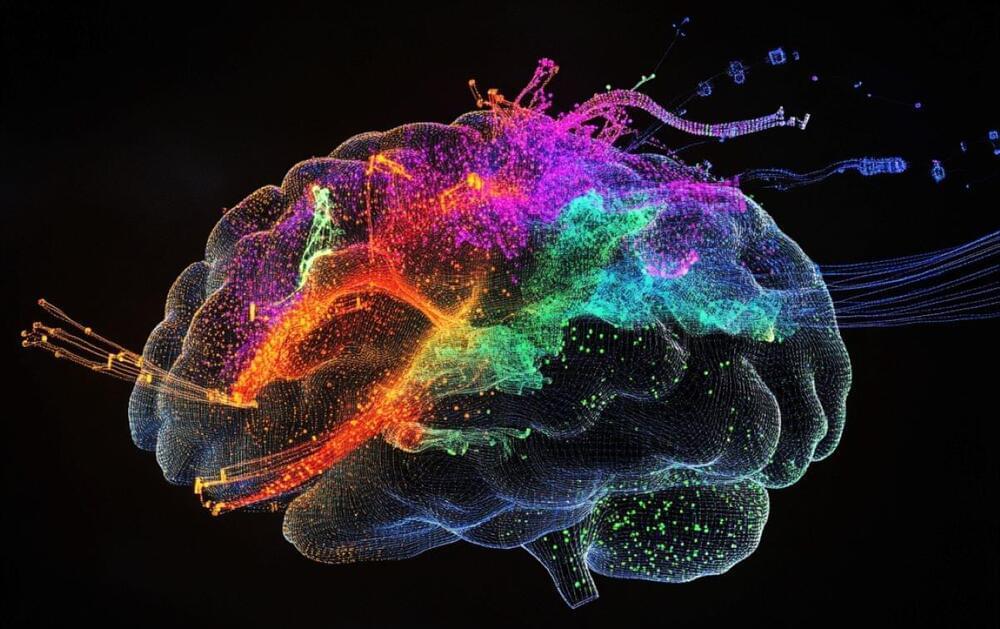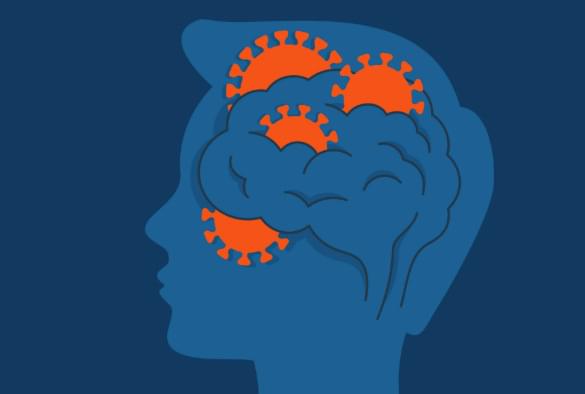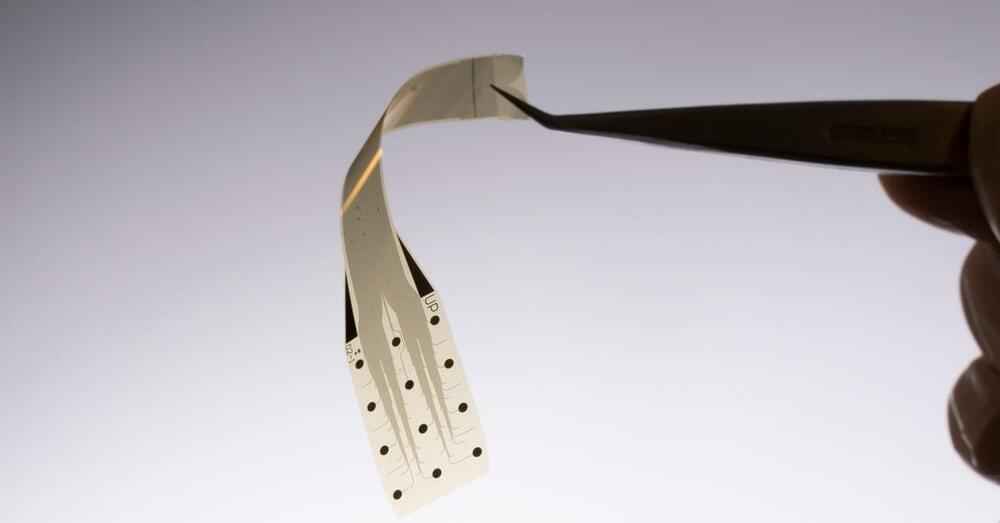Oct 2, 2024
Microtubules and Consciousness: Exploring Energy Transfer and Quantum Theories
Posted by Scott Bleackley in categories: biological, neuroscience, quantum physics
Send us a text.
Put simply, the brain is not too warm or wet for consciousness to exist as a wave that connects with the universe.
For decades, Penrose has been working with anesthesiologist Stuart Hameroff on a theory of consciousness called Orchestrated Objective Reduction (Orch OR). Penrose primarily handles the physics of Orch OR, whereas Hameroff handles the biology. Their theory addressed serious gaps in established scientific frameworks spanning physics, neuroscience and psychology. All, some or none of the hypotheses in this theory might prove out experimentally. See the paper below as a step towards proof.


